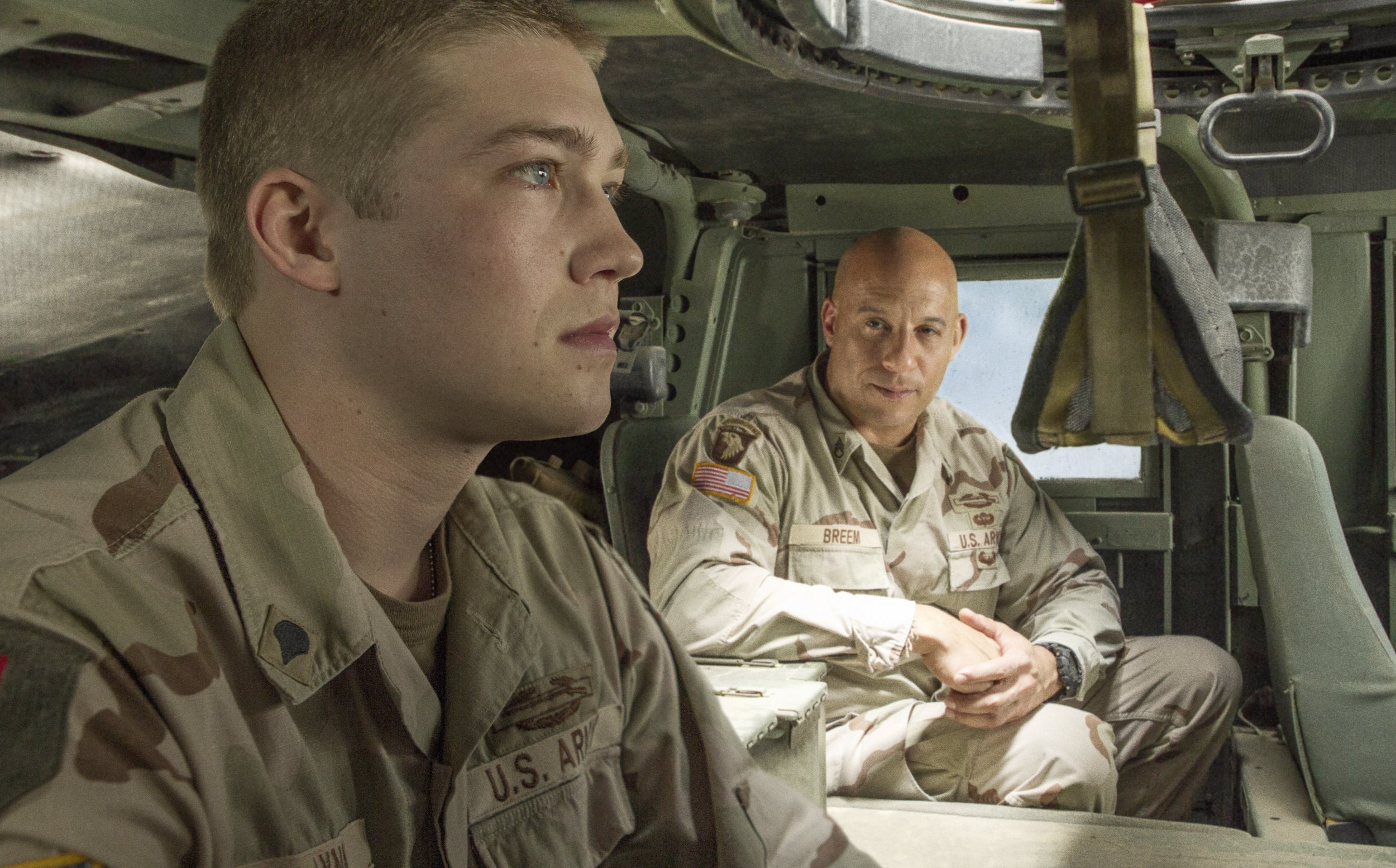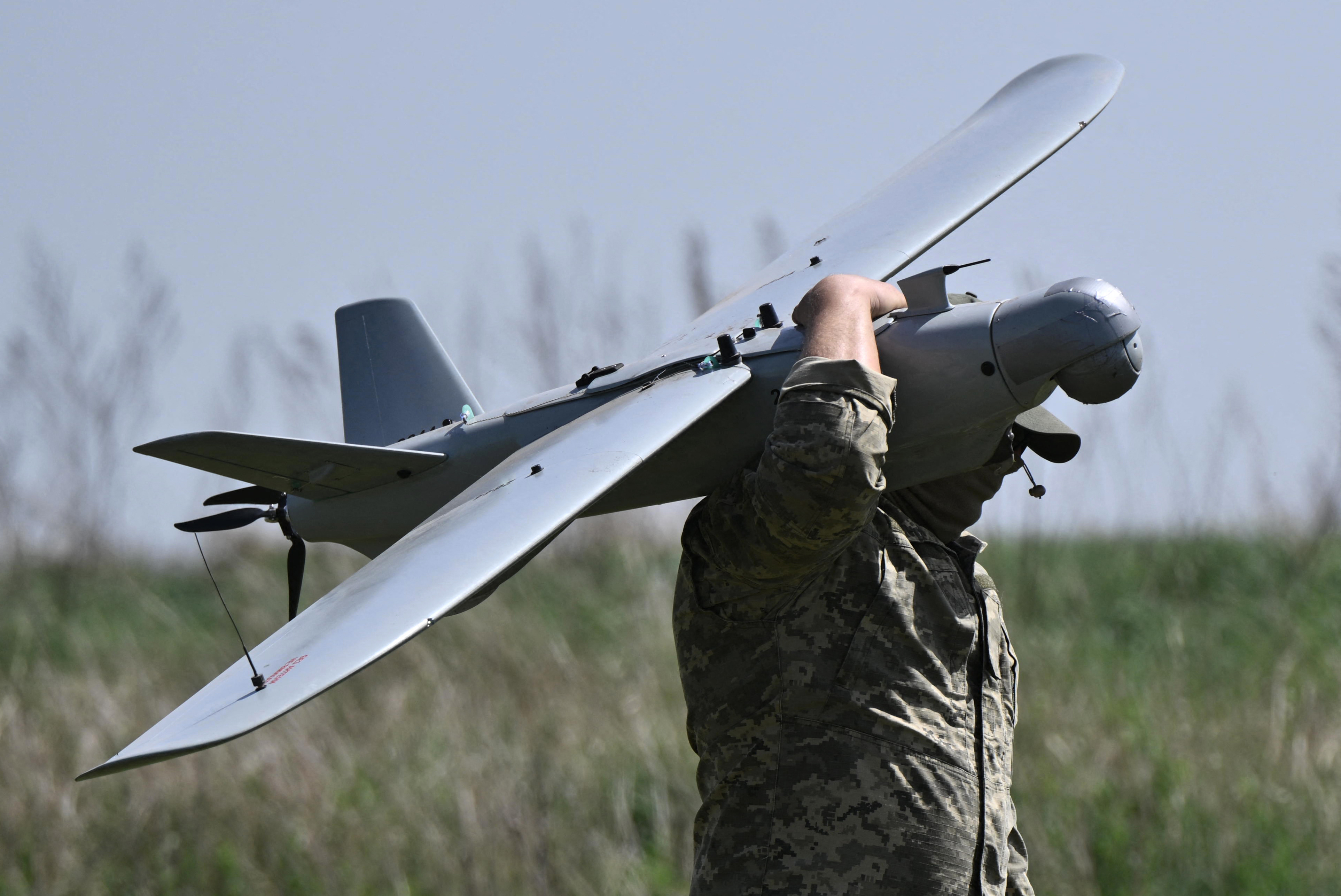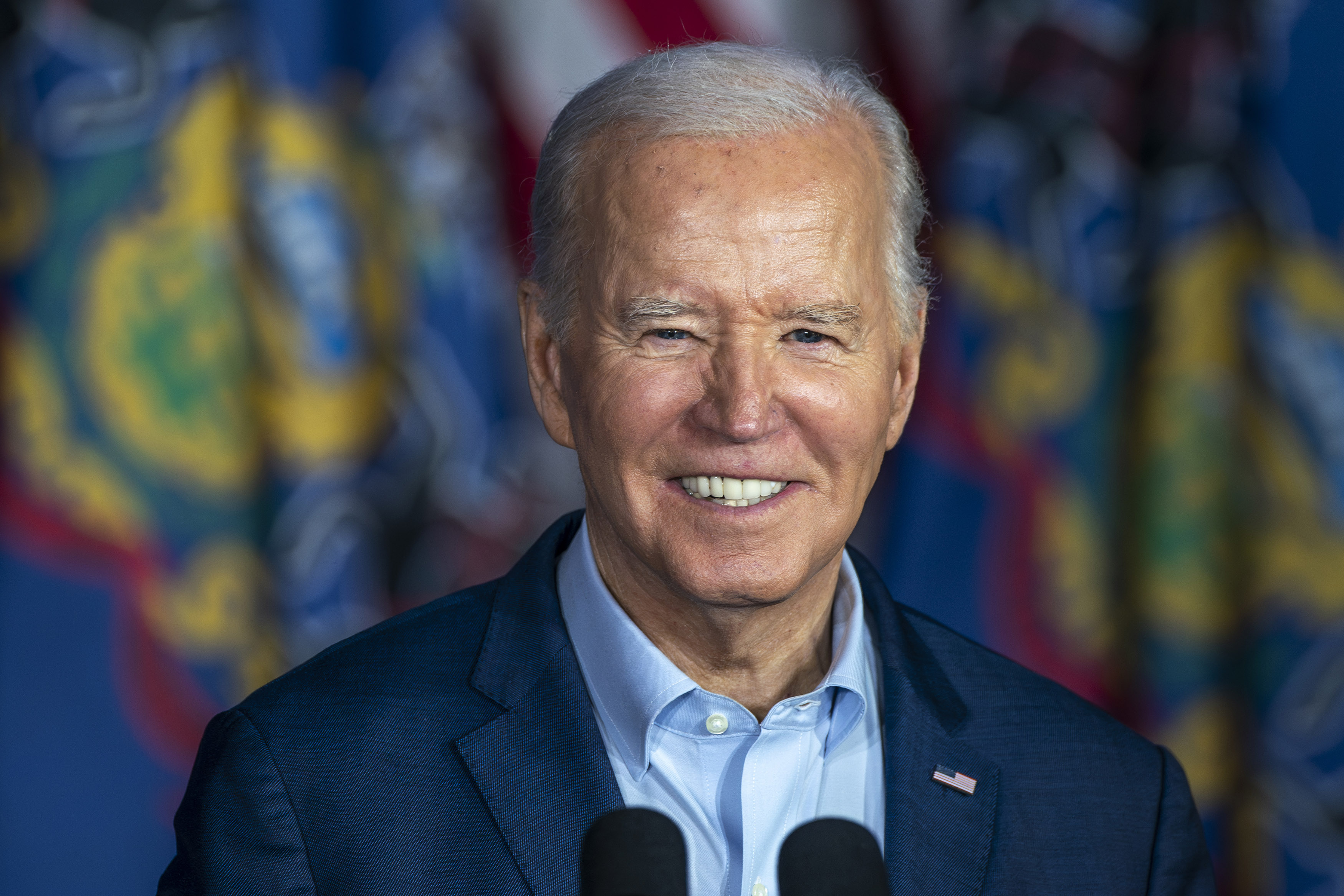
Today, we honor the fallen. I refer not to those brave men and women bogged down in the interminable, unpopular conflicts in the Middle East and Afghanistan, but the films that have sought to dramatize those interminable, unpopular conflicts, only to perish at the box office.
Their fate has been one of unusually indiscriminate cruelty. Some have justly sunk beneath the weight of their own didacticism: Paul Greengrass's Green Zone, Robert Redford's Lions for Lambs. Some have matched their good intentions with aesthetic achievement: Paul Haggis's In the Valley of Elah, Kimberly Peirce's Stop-Loss, Sam Mendes's Jarhead. Some have even won Academy Awards: Kathryn Bigelow's The Hurt Locker. No matter. With the exception of American Sniper, Clint Eastwood's sturdy exercise in Fox News–era jingoism, movies about the Iraq war and the West's involvement in Afghanistan have proved as popular with audiences as ice cream in a sandstorm.
The latest recruit to go over the top is Ang Lee's Billy Lynn's Long Halftime Walk, adapted from Ben Fountain's excellent 2012 novel about a squadron caught in a frenzied firefight in Iraq. After footage of the battle becomes a YouTube sensation, the soldiers are, like the flag-raisers of Iwo Jima, whisked back to the U.S. for a two-week victory tour, climaxing at the Dallas Cowboys' stadium alongside Destiny's Child—the sly joke of the book being that this is almost as traumatic as the firefight from which they have just returned. "It's kind of weird," muses Billy (Joe Alwyn), as a stretch limo ferries him to the stadium, "being honored for the worst day of your life."
Like the book, the film takes place over the course of 24 hours, during which hangovers are shrugged off, movie deals proffered and cheerleaders flirted with. Will Billy respond to his sister's texts encouraging him to jump ship? Will he get to see his cheerleader again? Will the soldiers' agent (Chris Tucker) be able to sell the movie rights of their story to the Cowboys' oleaginous owner, Norman Oglesby (Steve Martin)? More to the point, will Martin emerge unscathed from his hand-to-hand combat with a star-spangled Texas accent?
Even in the book, this day-in-the life narrative structure had the feel of a conceit. Up on the big screen, filmed in 3-D with the crystalline clarity of 120 frames per second (five times the usual rate of a movie), it comes apart. Lee's soldiers joke, cuss and brawl, but their rhythms seem over-rehearsed, synthetic and their politics too pleasingly liberal. For a movie about the aftershocks of battle, Billy Lynn feels curiously tranquil: The press conference that awaits the soldiers takes place in a silence so pure you could hear a pin drop. "If a bullet is going to take you out, it's already been fired," Billy's buddy Shroom (Vin Diesel), killed at the battle of Al-Ansakar, tells him in flashback, delivering a speech about the "karma of action" that feels close to Lee's heart.
Lee has an uncanny ability to locate and follow hidden emotional ley lines. When his films work—The Ice Storm, Crouching Tiger, Hidden Dragon, Brokeback Mountain—they summon simple, koan-like emotion from apparently still surfaces. Here, the result is dramatic inertia so profound it's almost spooky. You stare at the limpid images, wondering whether their detachment is the result of the novel's satirical tone, Lee's frame rate or Billy's post-traumatic stress disorder. Lee shoots Alwyn's bloodshot blue eyes up close, but despite this repeated testimony to the rage behind his gaze, Billy remains a placid, sweetly dimpled presence. You could say the same of Tobey Maguire, another of Lee's passive protagonists, in The Ice Storm, but that film located all manner of Nixon-era static in the air for Maguire to pick up on. There's no mess to Billy Lynn, even though the book was all about mess. Exhilarating, funny, touching, garish, raucous, bawdy, it was, to quote the author and ex-Marine Karl Marlantes, "the American way of watching war," but with added sponsorship deals.
In Lee's version, everything comes together for the finale: Fireworks, marching bands, a harrowing, banging and popping drum performance that sets the soldiers aquiver. But it all unfolds in a stadium strangely purged of recognizable brand names, as though Lee were wary of giving offense. That's no position for someone seeking to satirize America's industrial-military-entertainment complex. The novel's vision of America as "a giant mall with a country attached" turns out, unsurprisingly, to be too coruscating for a $40 million picture from a studio with its eye on awards season. Unlike its hero, Billy Lynn's Long Halftime Walk takes steady aim, then loses its nerve.
Worldwide releases continue to March 3.
Uncommon Knowledge
Newsweek is committed to challenging conventional wisdom and finding connections in the search for common ground.
Newsweek is committed to challenging conventional wisdom and finding connections in the search for common ground.
About the writer
To read how Newsweek uses AI as a newsroom tool, Click here.






